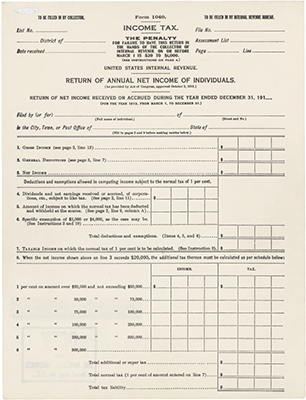Tungnath Chaturvedi, an Indian attorney, has won a legal battle with Indian Railways that spanned 23 years and over 100 hearings.1 What egregious act could have caused him to relentlessly pursue Big Rail for two decades? He was overcharged 20 rupees when he bought a ticket to Moradabad in 1999. (20 rupees is equal to 25 cents.)
It’s the principle
After complaining twice at the train station and being refused a refund, Mr. Chaturvedi filed a case against Indian Railways on charges of cheating.
Undeterred by the miniscule amount, nor by his family’s urgings for him to give up his case, Mr. Chaturvedi represented himself as the case chugged through the court system, taking it all the way to the supreme court of India after a railway tribunal dismissed the case.
Finally, the court ruled in his favor and ordered the railways to pay a fine of 15,000 rupees ($182), as well as the outstanding amount plus 12% interest. But Mr. Chaturvedi said it was never about the money, “This was always about a fight for justice and a fight against corruption, so it was worth it.”
In good company
For some tax pros, this case may bring to mind another long-lasting legal battle: Gilbert Hyatt and his fight against the California Franchise Tax Board.
In 1993, the FTB began a residency audit questioning Mr. Hyatt’s 1991 change of residence and domicile from California to Nevada following a microchip patent transaction that netted him $40 million. A Nevada jury awarded him close to $400 million in damages from the extremely aggressive residency audit (FTB auditors dug through Mr. Hyatt’s trash and interrogated his neighbors, among other things). That award was later reduced by the U.S. Supreme Court to $50,000 in damages.2 The Nevada Supreme Court then ruled that he will have to pay the FTB for the costs, but not attorney fees.3
In 2017, Mr. Hyatt’s actual appeal of the FTB’s assessment was heard. The ruling was in favor of Mr. Hyatt on the residency issue but held that California could tax the patent income received in 1991 because it was California business income during 1991, but not 1992.4
All aboard, next stop is Eternal Litigation: Mr. Hyatt has appealed.5
1 www.theguardian.com/world/2022/aug/12/man-overcharged-20-rupees-for-india-train-ticket-wins-22-year-legal-battle
2 FTB v. Hyatt (April 19, 2016) U.S. Supreme Court, Case No. 14-1175
3 Franchise Tax Bd. of California v. Hyatt (2021) 485 P.3d 1247
4 Appeal of Hyatt (August 29, 2017) Cal. St. Bd. of Equal., Case Nos. 435770, 447509
5 Hyatt v. FTB, Sacramento Superior Ct., Case No. 34-2022-000316913, filed March 16, 2022





